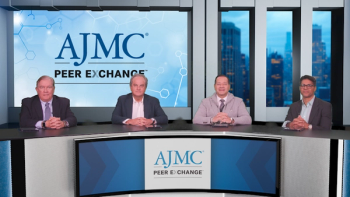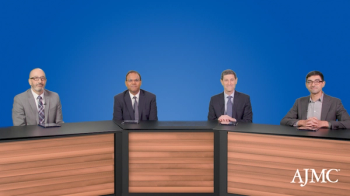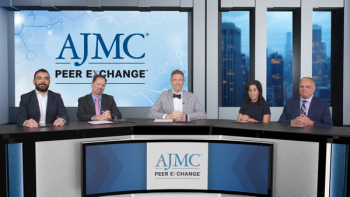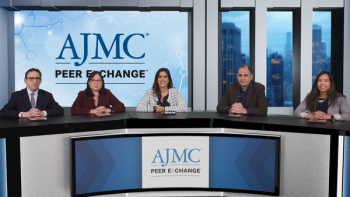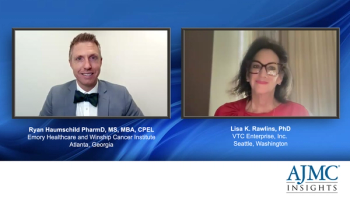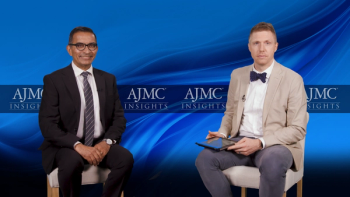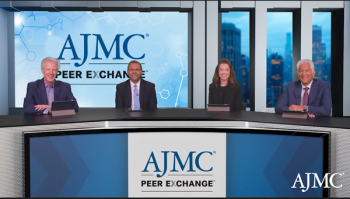
Panelists discuss how mineralocorticoid receptor antagonists (MRAs) remain underutilized despite being foundational therapy for heart failure with reduced ejection fraction due to clinician fears of hyperkalemia and renal dysfunction, while new nonsteroidal MRAs like finerenone show promise across the ejection fraction spectrum with potentially improved adverse effect profiles, though questions remain about their incremental benefit over traditional steroidal MRAs given their substantially higher cost.


